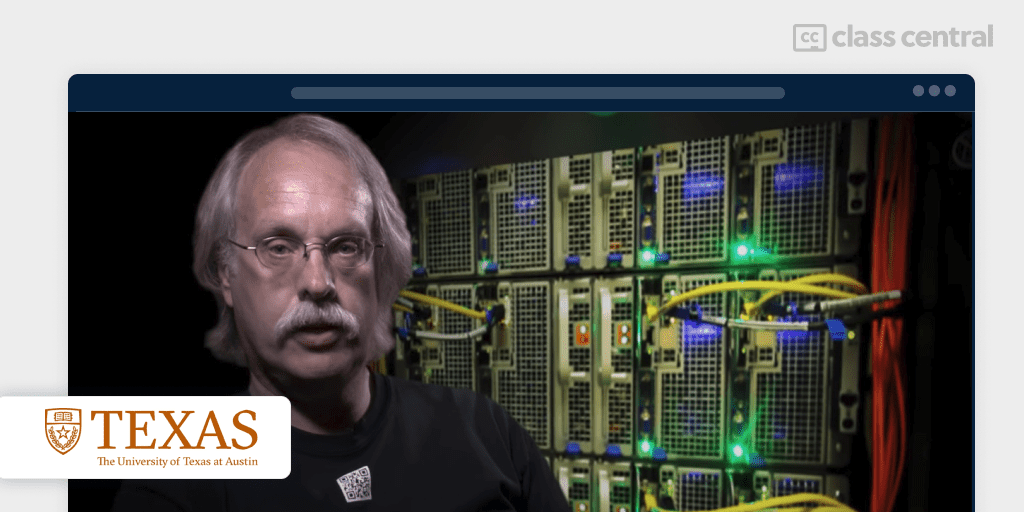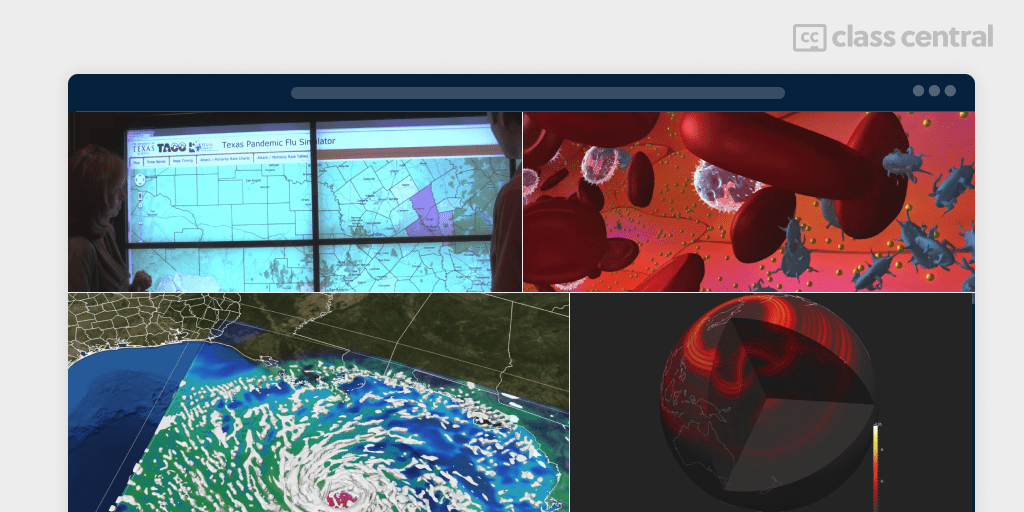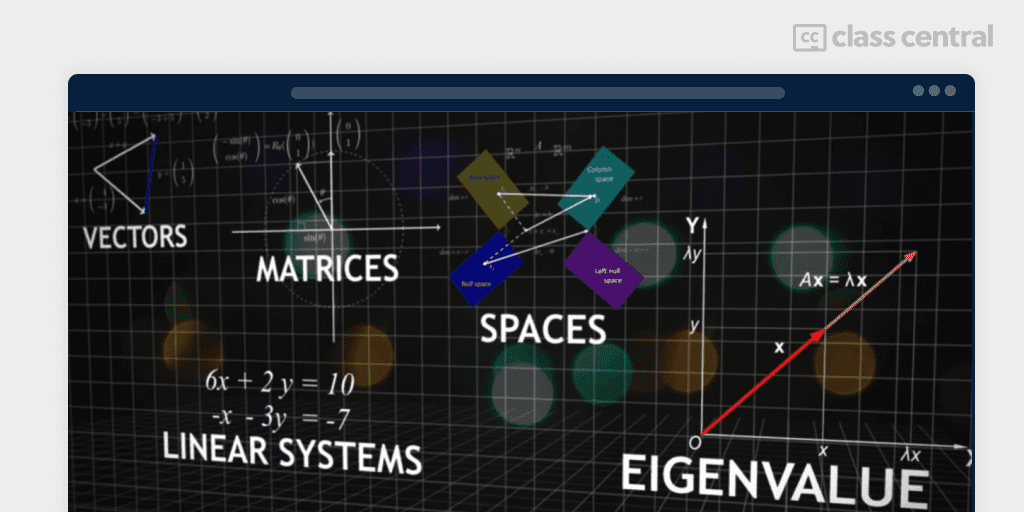UT Austin’s course review: Linear Algebra – Foundations to Frontiers
An excellent introductory course in linear algebra with both theory and practice that will benefit college students, math hobbyists and practitioners.

The Linear Algebra – Foundations to Frontiers (LAFF) course by The University of Texas at Austin is an excellent introductory course in linear algebra that focuses on both theory and practice – viz investigating how to translate theory into algorithms.
Linear algebra is an important math tool that has found application in a wide range of areas from research to image compression to finance. Naturally, many MOOCs are offered on this topic.
What is special about LAFF
Typically, most introductory linear algebra courses focus on theory. And generally, the theory is ‘practiced’ on small matrices using hand calculations. Even if software is used for solving problems, matrices remain small (I don’t know if this is true even in advanced courses).
However, matrices in most real life applications are humongous in size (as compared to matrices dealt with in textbooks or MOOCs). Huge matrices have the bad habit of consuming vast amounts of computational power. Therefore, learning techniques to do operations on huge matrices is of great practical value.
To the best of my knowledge, after auditing 3 MOOCs, LAFF is the only course that gives a hands-on experience of operating on matrices using the latest algorithms (the Frontier part of the title). A super plus is that the instructor, Dr. Robert van de Geijn, himself is at the forefront of research in designing these algorithms.

My suggestions for each target audience
- For lifelong learners and math hobbyists:
This course is an excellent start to get introduced to Linear Algebra. You can skip the computational aspects of the course without any impact on understanding of the subsequent sections. The topics are explained very well – many a time the whys and the hows are explained using common sense reasoning
- For college students:
This is an introductory course and if you are looking for the MOOC to complement your college course, this may not sufficiently cover your syllabus. For example ‘Determinants’ is a regular in most college courses, but is not covered much in this course. As the course page explains, this is because “Determinants are something they hammer on in linear algebra courses because it is traditionally covered. …. But the details of how to compute the determinant of a matrix larger than a 3×3 is not”.
My recommendation is to start with this course (the concepts are explained very well) and then take another MOOC. You may want to explore ALAFF – the advanced version of LAFF. This is on my to do list. I’ll edit this review after I do that course. I’ve liked the RICE university Linear Algebra, Part 1 course and can recommend it. My only grouse against that course is part 2 seems to be a permanent work in progress, though I’ve been told it is finally seeing the light of the day in summer this year (2022).
- For practitioners:
While the theory may be too basic for you, the course introduces the learner to the latest algorithms in this area. Even though the course covers just enough to whet the appetite, links are provided to pages that have more research papers and other resources.
The Course – what you get

- 12 weeks of instruction: each week took me about 3 hours on average to complete.
- Assignments: I loved them. They are at the appropriate level of difficulty: some quite easy while others make you think really hard, and most importantly, make you think about the concepts as opposed to an automatic application of formulae.
- Course Notes: A text version of the course is provided in pdf. I like this idea and found it useful. It is easy to quickly refer to past topics without moving from the current video or searching for them while looking through the entire set of past videos. After referring to the particular topic in the document, you now want to see the video again? No sweat! Links to videos are also provided in the document. To me, this is a testimony to the care taken by the course creators to ensure a very productive learning environment.
- Access to Matlab is provided during the course duration.
- The discussion board was not very active, but the posts always got a prompt response from the staff.
- And the best part – no step motherly treatment of the ‘audit learners’. Audit learners have the same access to assignments and course material as ‘verified’ learners. And there is no end date for access to expiry.
Conclusion
I thoroughly enjoyed doing this course and highly recommend it to math enthusiasts, ambitious high school students, and undergraduates. Beginner practitioners might enjoy it too.
If you like the style of teaching, the LAFF ‘stable’ has 3 other courses to explore. I’ve signed up for ALAFF – the advanced version of this course and looking forward to finishing it soon.






